Write & Lift is an ethos of personal and spiritual development through conscious physical exertion and practice of the writing craft. Through this effort to strengthen our bodies and minds, we become anti-fragile and self-respecting sovereign individuals. Through this effort, we may stand against untruth and evil and create a new culture of vitality, strength, and virtue
The Over-Engineered Mind
When I stood on the Nevada plains at dawn, watching heat rise in visible waves from scorched earth, I heard an answer. I was meant to be here. In open space. Scanning the horizon and nearby grasses for the sounds of animals. Watching beauty without the need to “structure,” some thought around it. Just watching it. No avalanche of distraction. This is how my brain came into the world.
I thought of my typical day: wake up to check messages that accumulated overnight. Quick sunlight and coffee before managing my schedule to maximize productivity. Hours of calls. Hours of typing. Breaks for lunch and the gym.
I’m grateful as hell. I love what I do. I love the life I can provide for my family. But I am overengineered.
Every age has it’s spiritual dilemma. In the Enlightenment we were torn between the relationship between God and science. In late Rome; conflcts of tradition and the growth of new forms of belief. If I could define a problem unique to the 21st century, it’s that our mind never fully settles. We struggle to experience the depth of sustained, quiet, attention. We exist in a perpetual state of processing. We’re over-engineered.
My father taught me to fish with movements so economical they seemed barely to happen at all. The cast is a slight rotation of the wrist. You wait with a stillness that approaches meditation. The strikeis a single backward step.
You watch for what matters because everything else is just noise.
Real wisdom is simple. Planning, tracking, and adjusting can never engineer perfect outcomes. Your conscious mind wants a map while your subconscious mind wants the confidence to recognize the territory.
The effect is paradoxical: The more we optimize, the less optimal our lives become. We spend so much energy maintaining our systems that we have little left for the experiences those systems were meant to enhance.
I've watched grown professionals in business meetings debate workflow methodologies for hours. I've seen elaborate organizational schemes in homes that require more work to maintain than they save. I've caught myself building complex frameworks in my own life to manage what should be straightforward decisions.
Each system, each framework, each optimization technique adds a layer of abstraction between us and direct experience. Each promises control but delivers complication. Each claims to serve us while quietly becoming our master.
A functional machine requires what it needs and nothing less.
Listen to the World
In 2017, I drove through West Texas at night. The darkness had a physical presence. The emptiness became substance, and the curve of the Milky Way enveloped me like a blanket. There is no “system” for understanding this. No amount of writing or thinking that would ever do it justice. The land wouldn’t allow it. The reality here is too fundamental and too unforgiving.
Nature offers the first solution to our overengineered minds: immersion in environments that don't accommodate our compulsions—places where screens go dark and where signals fail.
Stand other the stars and something will uncoil in your chest. It’s a tightness you wouldn’t have noticed until it began to release. This is what we've traded for the frantic complexity of engineered existence. The profound simplicity of direct encounter with the world.
If you want to live you need temporal space. Periods of deliberated boredom. When you allow the experience to wash over you without immediately filtering it through analysis or optimization.
Your great-grandmother cooked the same two dozen meals her entire adult life. She never owned a cookbook. Never scrolled through endless recipes that promised novelty. The ingredients came from places she knew, prepared by methods passed through generations.
Studying old ways provides a second solution: the deliberate limitation of choice, not as deprivation but as liberation from endless options.
Barry Schwartz's research on "The Paradox of Choice" confirms what our older relatives know intuitively. Excessive options don’t lead to freedom but to paralysis. Albert Einstein famously wore a rotation of the same five shirts and trousers each day. When faced with abundance beyond our capacity to meaningfully evaluate, we become less satisfied, not more.
Identify what serves the essentials in your life and discard what doesn't. Create boundaries around information consumption. Establish default choices for recurring decisions. Resist the cultural pressure to constantly optimize, upgrade, and expand. Work with your hands. Find daily moments where you observe in silence.
As always, thanks for reading
-Joe





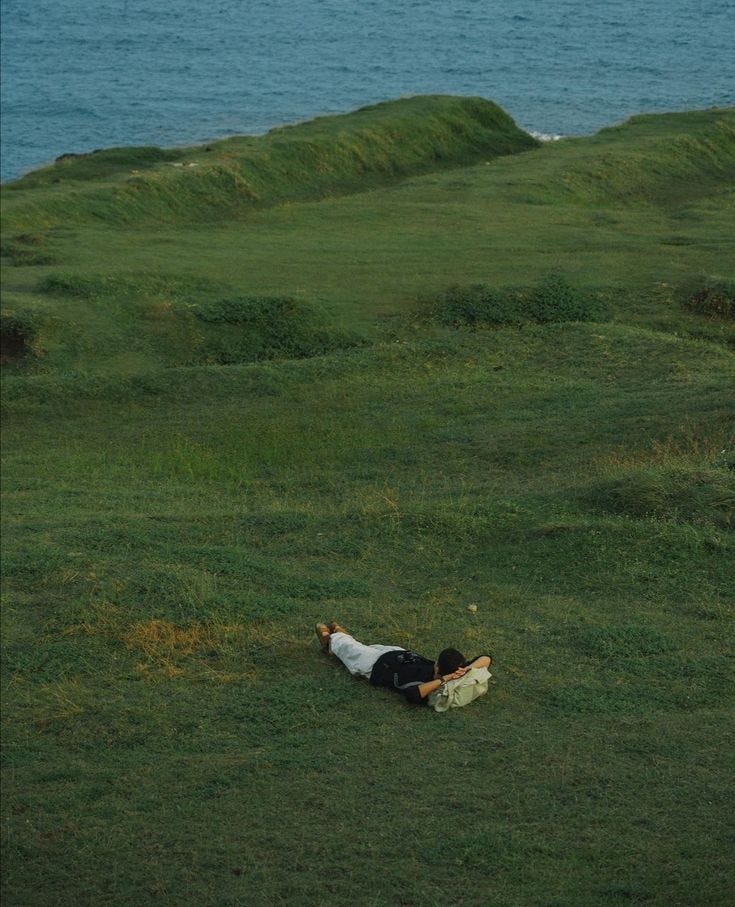
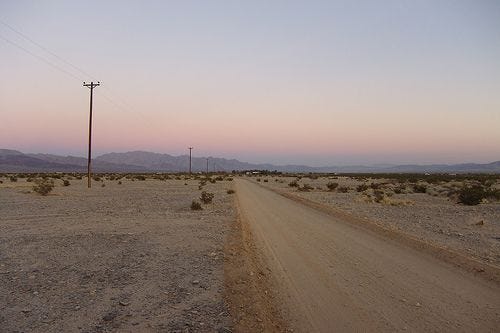
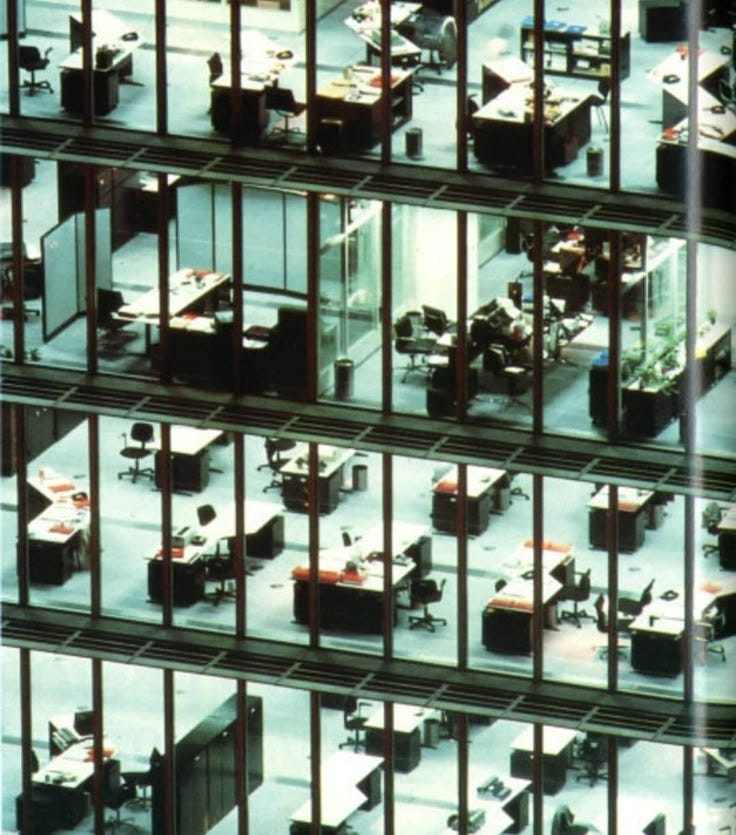
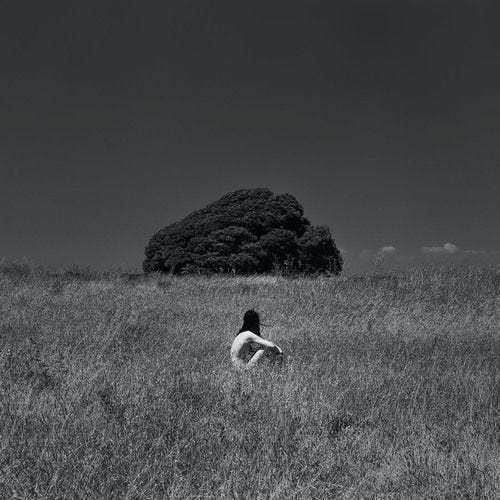
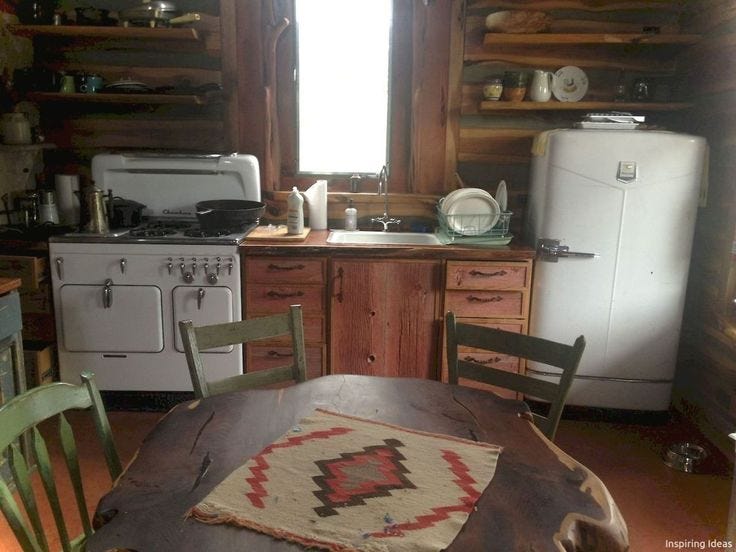
As someone with an "over-engineered", "neurodivergent" mind, these observations have been empowering to read. My physical living space / environment is quite noisy --- neighbors in modified Subarus rattle bass boosted music at fast speeds on one side of my home, and airplanes descend on another. With spring cleaning comes a cleaning of the springs inside your self
I struggle with this. I tend to multi-task and I write long lists, come up with complicated organizational schemes and formulate many grand ambitions that never seem to come to fruition. Meanwhile the basic (important_ tasks go undone.
Now that I actually have a professional job my flaws are more pronounced (to me) but I'm working on them. The flip side of my tendency to get lost in abstraction and to have trouble in ascertaining the fundamental pieces of information in a system (or parts of a task), is that I have a very abstract mind. It's original and it's nimble... but it's not organized. It's like a fast or interesting cart, but one with one wonky wheel, such that I have to continuously pull it back on track to keep it in a straight line.
You're a very lucky man to have work that you enjoy, and which pays your bills. Whether it's deficiencies of gratitude or simply a lot of tedious and unfulfilling work, this is a rare circumstance indeed.
https://jmpolemic.substack.com/p/awakening-from-the-bad-dream